On the whole, human beings want to be good, but not too good, and not quite all the time
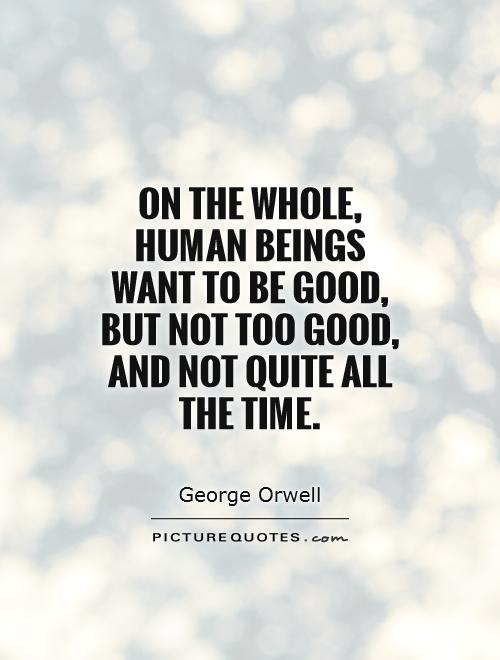
On the whole, human beings want to be good, but not too good, and not quite all the time
George Orwell, a renowned writer and social critic, once famously said, “On the whole, human beings want to be good, but not too good, and not quite all the time.” This statement reflects a complex aspect of human nature that Orwell keenly observed and articulated in his works. In the context of Orwell’s writings, this quote can be interpreted as a commentary on the inherent contradictions and moral ambiguities that define human behavior.Orwell’s works, such as “1984” and “Animal Farm,” often explore themes of power, corruption, and the struggle for individual freedom in oppressive societies. In these dystopian worlds, characters are faced with moral dilemmas and must navigate the complexities of human nature. Orwell’s quote suggests that while people may aspire to be good, they are also influenced by self-interest, fear, and societal pressures that can lead them to compromise their values.
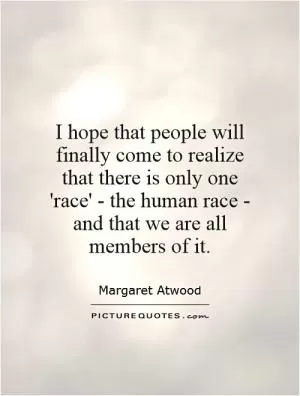

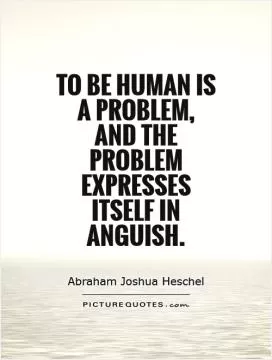

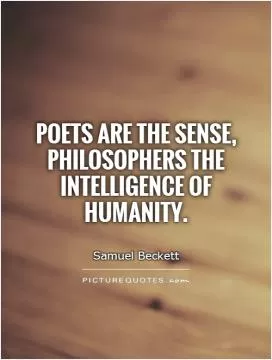

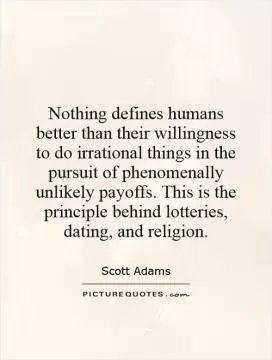

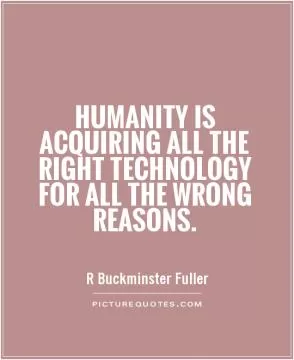

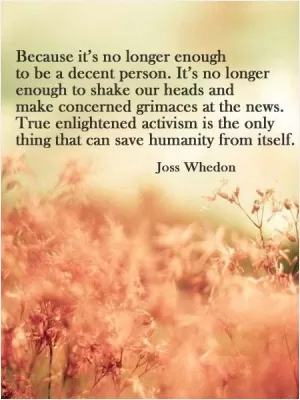
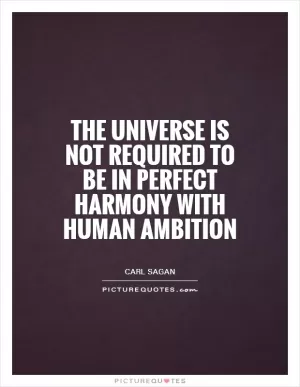
 Friendship Quotes
Friendship Quotes Love Quotes
Love Quotes Life Quotes
Life Quotes Funny Quotes
Funny Quotes Motivational Quotes
Motivational Quotes Inspirational Quotes
Inspirational Quotes